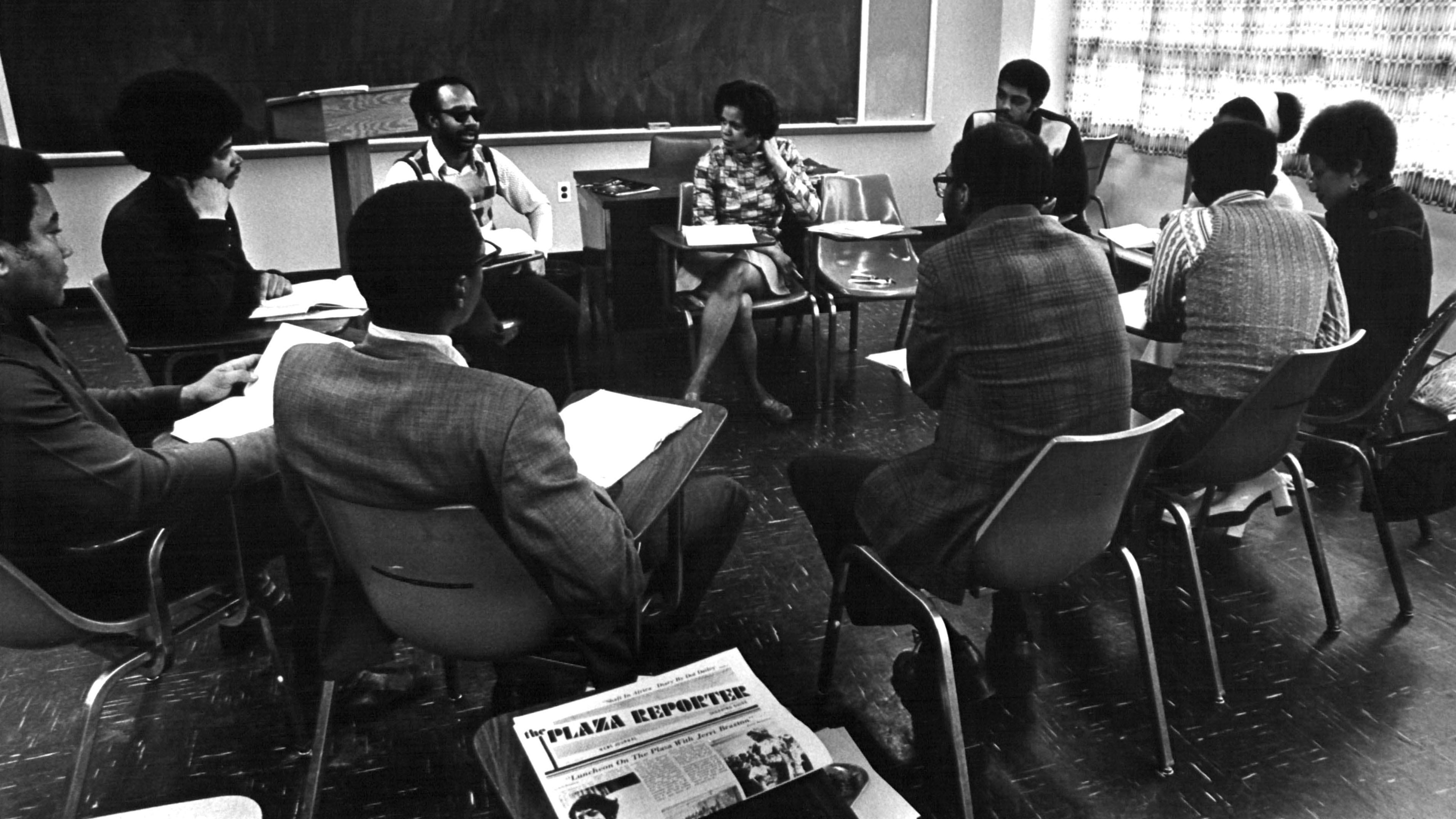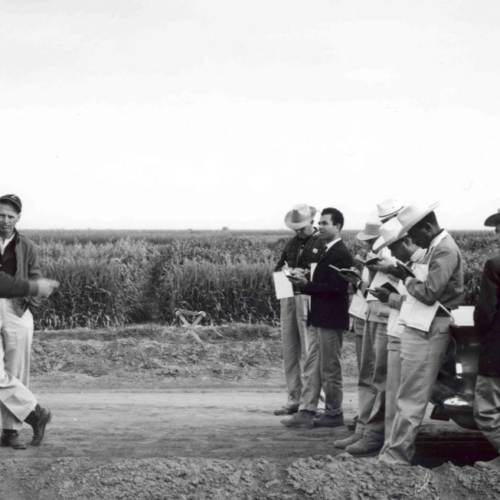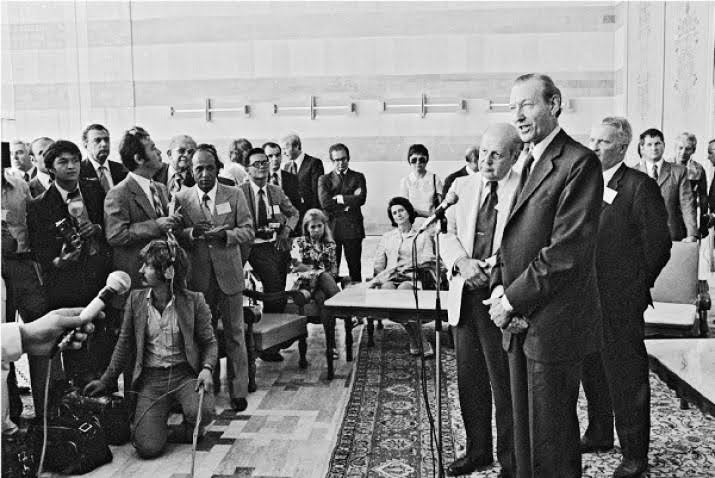In this month’s edition of the New Research series, the authors have used the records of the Rockefeller Foundation, the Ford Foundation, the General Education Board, and the Rockefeller Brothers Fund, along with the papers of Nelson C. Davis.
“Water Marginalised?” by Joanna Lunt Greenfield
Joanna Lunt Greenfield’s research report looks at the issue of water and the extent to which it was factored into global efforts of international development. Specifically, “Water Marginalised?” explores the interwar period when the Rockefeller Foundation was deeply engaged with the League of Nations’ Health Organisation, seeking to address public health problems that crossed national borders. She argues that the tendency was to seek out “magic bullets,” either vaccines or prophylactics that could provide immediate remediation for disease.
Clean water supplies and sanitation projects tended to involve large-scale (and long-term) infrastructure endeavors that were not the first choice of governments, colonial authorities, and various international polities. Dr. Greenfield concludes her report by suggesting that the ways in which water did manage to enter the discourse of international development during the postwar era is worthy of further research.
Joanna Lunt Greenfield completed her dissertation in history at the University of York in 2018. Her past research on water and international development in Sudan and Uganda was supported by grants from the Wellcome Trust.
“Jackson Davis’s Imprint on the General Education Board Archive” by Gwyneth Mellinger
Gwyneth Mellinger is a professor at James Madison University and the director of its School of Media Arts and Design.
As she describes in her report, “Jackson Davis’s Imprint on the General Education Board Archive,” a goal of her research visit to the RAC was to compare documentation of twentieth-century Black press that she found in other archives with the records of northern philanthropies which had shown interest in Black journalism or had chosen to fund it. Her studies in the records of the General Education Board brought to light the critical part that Jackson Davis, a white southerner, played in formulating the GEB’s attitude and relationship with Black educational leadership. He held extensive conversations with numerous Black leaders and served as a conduit for them to General Education Board’s philanthropy.
Despite Davis’ constructive role, Dr. Mellinger cautions that one should be careful about attaching “presentist” labels on Davis’ personal and professional story. She also reminds us that, while the General Education board archives document important aspects of its activities aimed at the African American community, they do not capture the Black perspective on this story.
“Black Land, Black Power, and Liberal Philanthropy” by Alec Hickmott
In “Black Land, Black Power, and Liberal Philanthropy,” Alec Hickmott looks at the revival of the “land question” in 1960s and early 1970s African American discourse. He argues that scholars have largely focused on the liberal philanthropic engagement on the urban challenges facing the Black community which had participated in the Great Migration of the previous decades, while overlooking foundations’ grantmaking aimed at African Americans remaining in the rural South.
Dr. Hickmott’s research at RAC was an opportunity to explore the records of both the Ford Foundation and the Rockefeller Brothers Fund, as a wide range of African American organizations had turned to them for resources and expertise. Some of these organizations employed largely business-friendly language of economic empowerment that appealed to the foundations. However, he observes that there were still points of intense friction between the foundations, which wanted to have greater control of the financing of projects, and the African American organizations, which, despite their financial needs, did not want to cede their independent vision.
Alec Hickmott is a visiting assistant professor of Black studies and history at Amherst College, and is currently working on a book, Black Belt Capitalism.
“‘The Gentleman We’re All Talking About’: William Beveridge and the Idea of Postwar Social Planning in the United States during World War II” by Ben Zdencanovic
In “’The Gentleman We’re All Talking About’: William Beveridge and the Idea of Postwar Social Planning in the United States during World War II,” Ben Zdencanovic presents the story surrounding William Beveridge’s wartime visit to the US. The economist was the author of the eponymous “Beveridge Plan,” a key component of the creation of the British postwar welfare state.
Beveridge’s 1943 trip was funded by the Rockefeller Foundation at a time that the US was intensely debating the future of New Deal policies. Dr. Zdencanovic highlights the political, and particularly, the racial components of the arguments surrounding the potential expansion of social security. His report emphasizes that both the State Department and the Rockefeller Foundation were concerned about the possible implications of Beveridge’s travels for these debates. Ultimately, despite the transatlantic interactions, the US and the UK took very different approaches to social planning and the social safety net in the postwar era.
Ben Zdencanovic has a Ph.D. in history from Yale University, and is currently a postdoctoral associate in international security studies at Yale.
About the RAC Research Stipend Program
The Rockefeller Archive Center offers a competitive research stipend program that provides individuals up to $5,000 for reimbursement of travel and accommodation expenses. Learn more on our Research Stipend page
Our New Research series presents recently published reports submitted by scholars who have received stipends from the RAC to pursue their studies in our archival collections.



